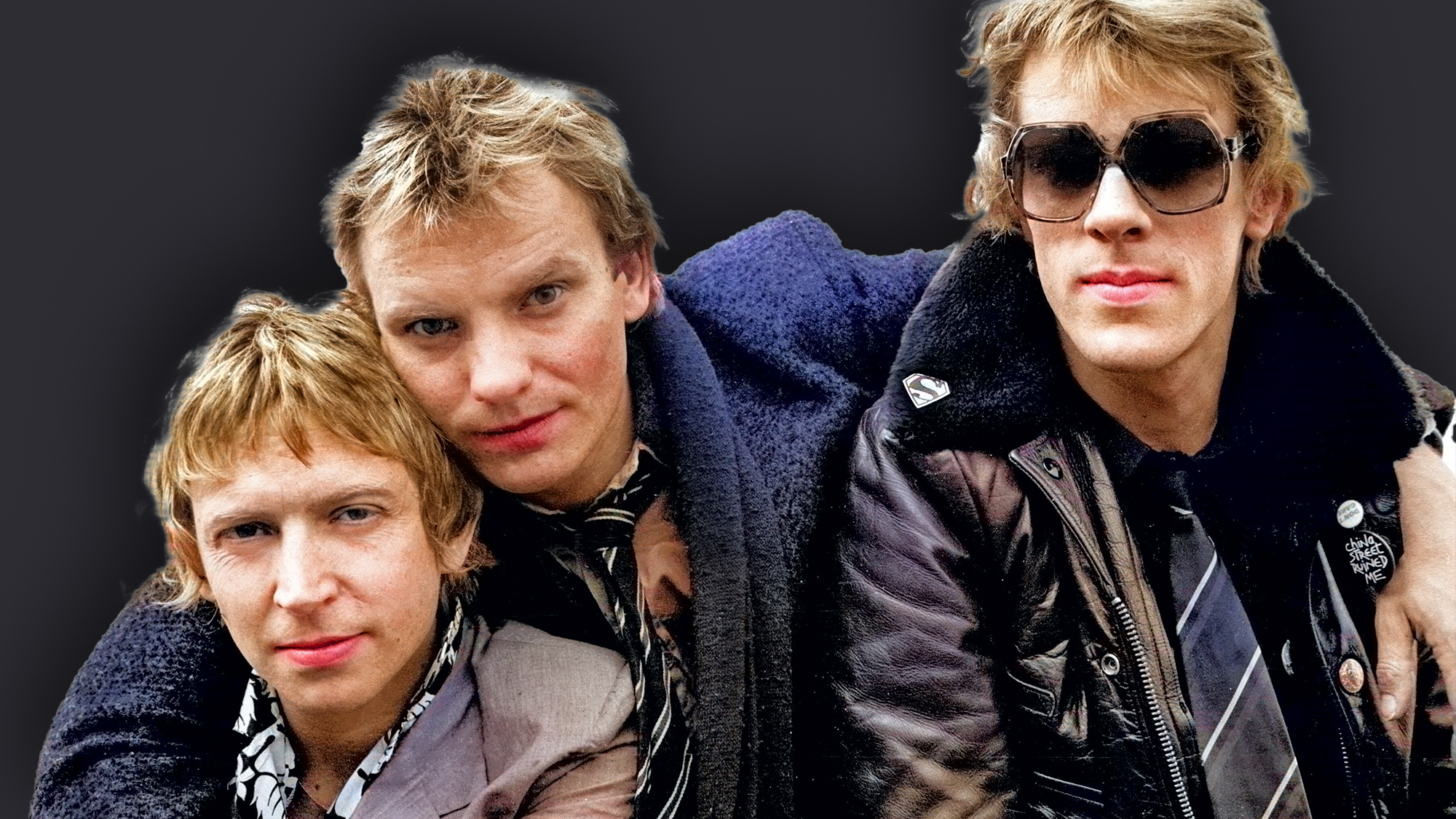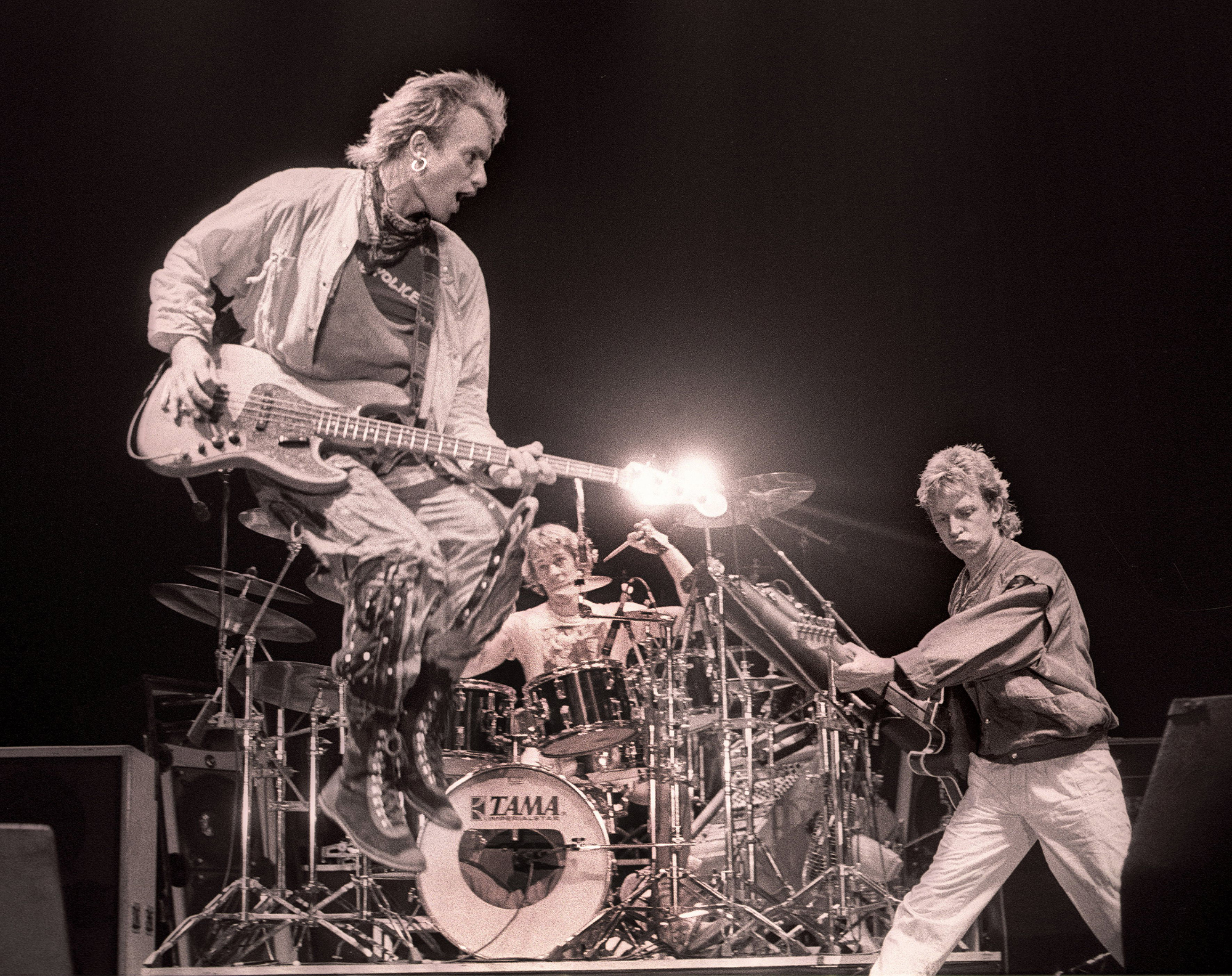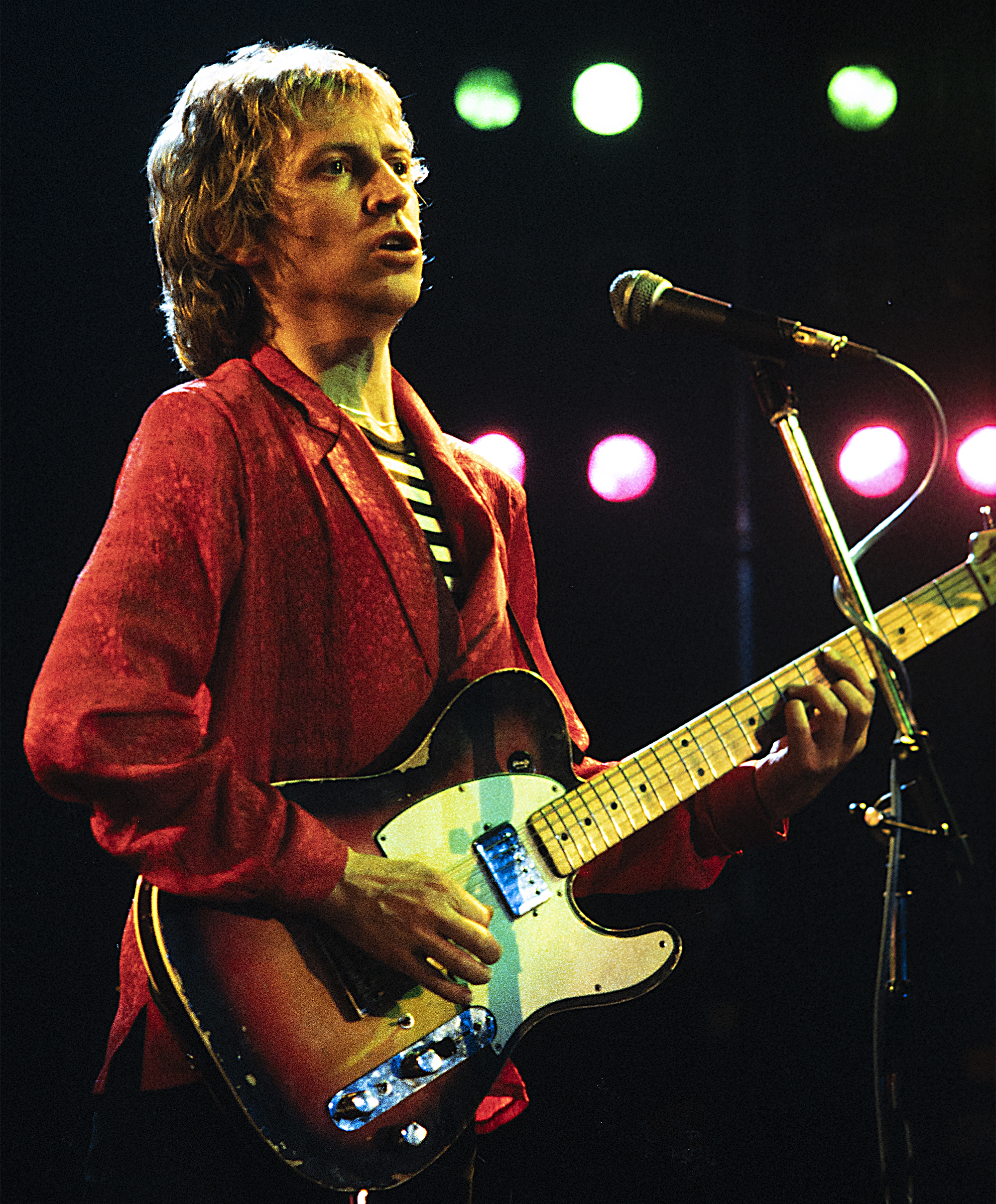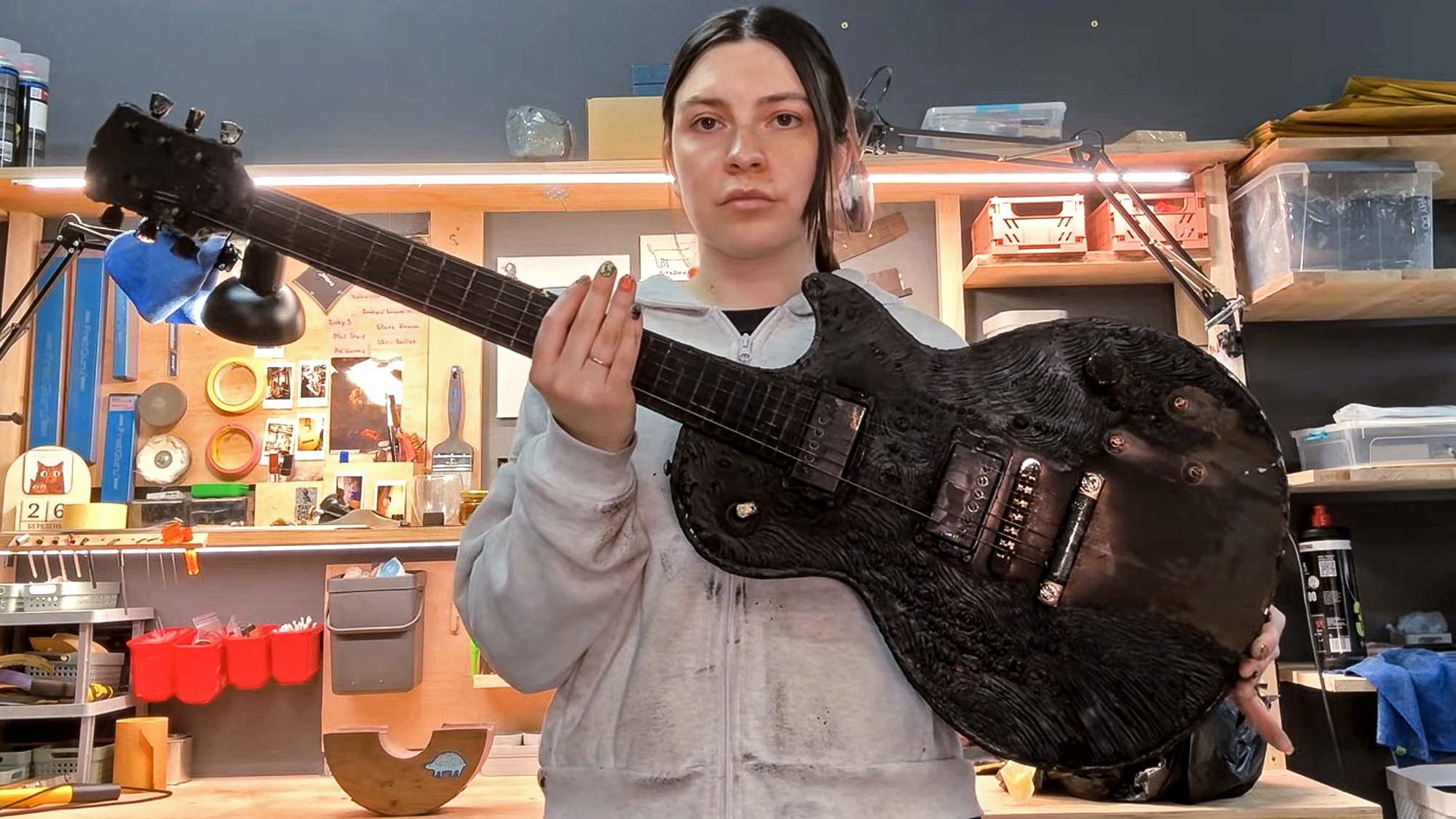“That song was going to be thrown out. I did my guitar part in one take, and it went straight to number one.” Andy Summers tells why he deserves credit for “Every Breath You Take,” the Police monster hit behind his lawsuit against Sting
Summers contends the song was nothing without his iconic guitar riff

As Andy Summer explains it, the Police’s biggest hit of all time wouldn’t exist if it weren’t for his guitar line.
“That song was going to be thrown out,” Summers told Guitarist in 2022. After making several attempts at the tune, bassist Sting and drummer Stewart Copeland were ready to give up. “Sting and Stewart could not agree on how the bass and drums were going to go.”
Summers had an idea of what the song needed — an ear-catching electric guitar riff to give it some interest. But as he says, it wasn’t about creating a starring role for himself.
“It was more about keeping those other bastards happy.”
Sting took the bait.
“Sting says, ‘Well, go on then, go in there and make it your own,’” Summers recalled. “And I did it in one take. They all stood up and clapped.
“And, of course, the fucking thing went right round the world, straight to number one in America. And the riff has become a kind of immortal guitar part that all guitar players have to learn.”
All the latest guitar news, interviews, lessons, reviews, deals and more, direct to your inbox!
The riff is also now at the heart of a lawsuit. This past week brought the news that Summers and Copeland are suing Sting for “millions in lost royalties” from the hit tune. “Every Breath You Take” earns nearly $740,000 in royalties annually, according to The Daily Mail, but because it is credited only to Sting — under his full name, Gordon Matthew Sumner — he alone receives songwriting royalties
And he’s undoubtedly earned quite a payday from the now 42-year-old classic. The lead single from the trio's fifth and final studio album, Synchronicity, "Every Breath You Take" was a generational juggernaut that became the group's biggest hit.
It topped the charts on both sides of the Atlantic, spending eight weeks at number one on the Billboard Hot 100 — the only time the Police ever hit that summit — and went on to win Grammy Awards for “Song of the Year” and "Best Pop Performance by a Duo or Group with Vocals.”
To sweeten things further, it was the top-selling single of 1983 and the fifth best-seller of the 1980s.
All together it’s quite a legacy, and one that Summers and Copeland are now looking to add their names to.
Summers told Guitar Player just last year he was unhappy not to have a credit on it. In an interview to discuss his guitar playing on the track, he revealed how he transformed the tune with his arpeggiating, chorus-tinged lines, performed on his modified 1963 Fender Telecaster.
"There wasn't a guitar part on it when Sting wrote it,” Summers explains. “It was just him singing, with this Hammond organ kind of thing, like Billy Preston or something. It didn't sound like the Police at that point.”
There wasn't a guitar part on it when Sting wrote it. It was just him singing, with this Hammond organ kind of thing, like Billy Preston or something.”
— Andy Summers
For that matter, the Police barely existed. The band’s members were at odds with one another while making the similarly chart-topping, multi-Platinum Synchronicity with co-producer Hugh Padgham at AIR Studios in Montserrat. The delicate balance of creative visions and egos was splintering, particularly between Sting and Copeland.
Synchronicity would mark the end of the group's recording run, and the three musicians went their own ways after a tour to support the album.
"I think we were in a difficult position,” Summer tells Guitar Player. “Clearly, Sting wanted to leave the band, and yet we had this massive album all over the world."

But years later, Summers has one lingering issue with "Every Breath You Take.” He's long contended that he deserves a writing credit for it, since his riff became such a defining element of the song.
“I just went into the studio and I heard the chord sequence for it, and it immediately came to me to play the riff I came up with. It was very much in the Police guitar style, if you like.”
As for what inspired it, Summers believes his creation may have come from his early 1980s collaborations with Robert Fripp.
"At the time I'd made one record with Robert” — 1982’s I Advance Mask — "and I think we were due to make another one. I was looking for material.”
But he says the line’s harmonic structure also owes much to the classical guitar genre.
I just went into the studio and I heard the chord sequence for it, and it immediately came to me to play the riff I came up with.”
— Andy Summers
“One of the things I had engaged with in my life, especially when I was mad about classical guitar, was the Bartok string duos,” he says. “I would listen to and try to play these beautiful Bartok things. So I had that kind of harmony in my playing, to some extent.
“Bartok would take it much farther out to add a ninth rather than a third — that kind of thing. So it fit with my mental musical landscape at the time, and it was very natural for me to play that sort of thing.”
So natural, in fact, that — as he told Guitarist in 2022 — he made short work of it.
“When it came to the recording, we got it done on one take, actually,” he announced to Guitar Player.

As for the modded ’63 Tele behind the tune, it’s the same one Summers used to record the Police’s first four albums. Unlike a stock model, it features a Gibson PAF humbucker in the neck and a standard Tele single-coil in the bridge position mounted to the guitar rather than the bridge plate. The guitar also has a built-in preamp controlled by a toggle and another toggle for phase switching. Other mods include a brass bridge with individual saddles.
While another guitarist might have just strummed the song’s chords, Summers saw in its simple structure an opportunity to add a defining element, one worthy of a songwriting credit.
Instead of just strumming some really stupid chords, I made something out of it.”
— Andy Summers
"There's no way that I would've gone in and strummed A, F sharp minor, D and E,” he says, calling out the song's underlying chords. “What I managed to do with that guitar lick was take it into a very hip other atmosphere that was completely moody and set the song up. Instead of just strumming some really stupid chords, I made something out of it.”
That’s hard to argue with. As Summers says, “Every Breath You Take” was nearly tossed out before his riff turned things around. At the time of his interview with Guitar Player, the song was just past two billion streams on Spotify alone. It's now past 2.8.
“Which makes my guitar riff one of the most-played riffs in history,” Summers contends. “Not too shabby.”
Indeed. But that success would undoubtedly be sweeter with a co-writing credit — and, of course, the royalties that go with it.
Christopher Scapelliti is editor-in-chief of GuitarPlayer.com and the former editor of Guitar Player, the world’s longest-running guitar magazine, founded in 1967. In his extensive career, he has authored in-depth interviews with such guitarists as Pete Townshend, Slash, Billy Corgan, Jack White, Elvis Costello and Todd Rundgren, and audio professionals including Beatles engineers Geoff Emerick and Ken Scott. He is the co-author of Guitar Aficionado: The Collections: The Most Famous, Rare, and Valuable Guitars in the World, a founding editor of Guitar Aficionado magazine, and a former editor with Guitar World, Guitar for the Practicing Musician and Maximum Guitar. Apart from guitars, he maintains a collection of more than 30 vintage analog synthesizers.
- Gary Graff
- Henry YatesContributing writer

